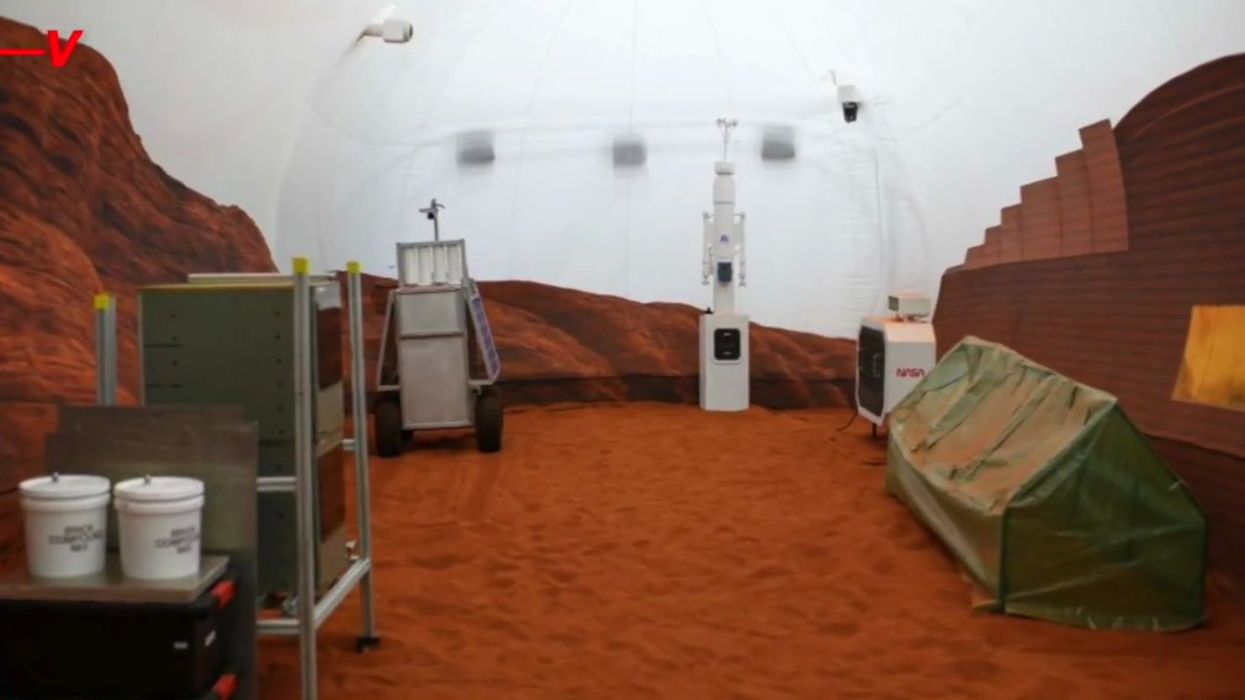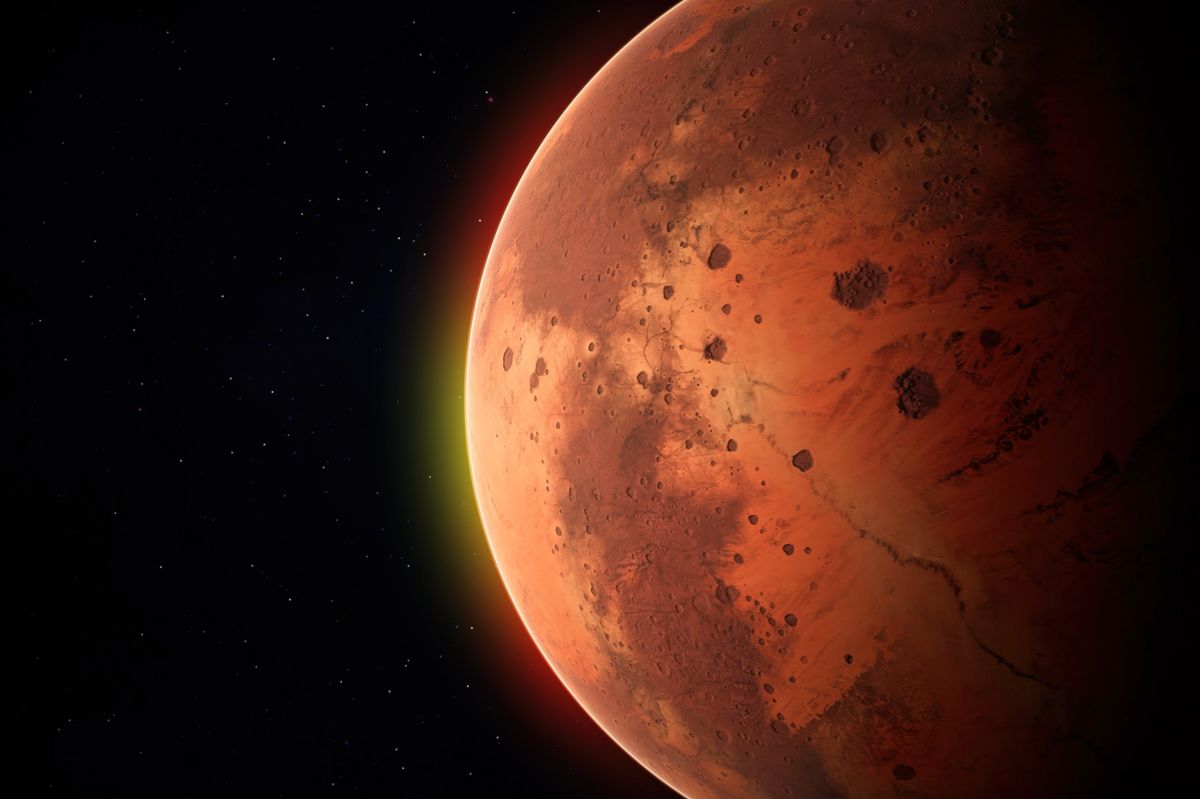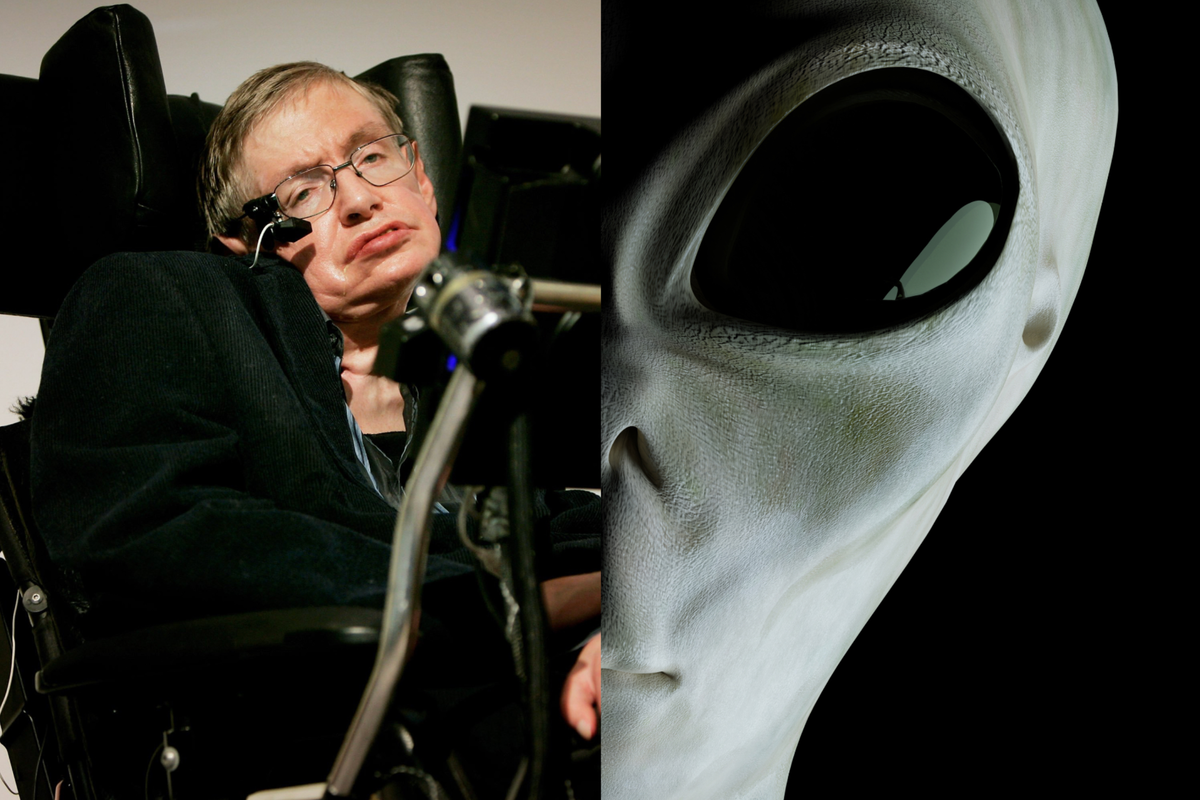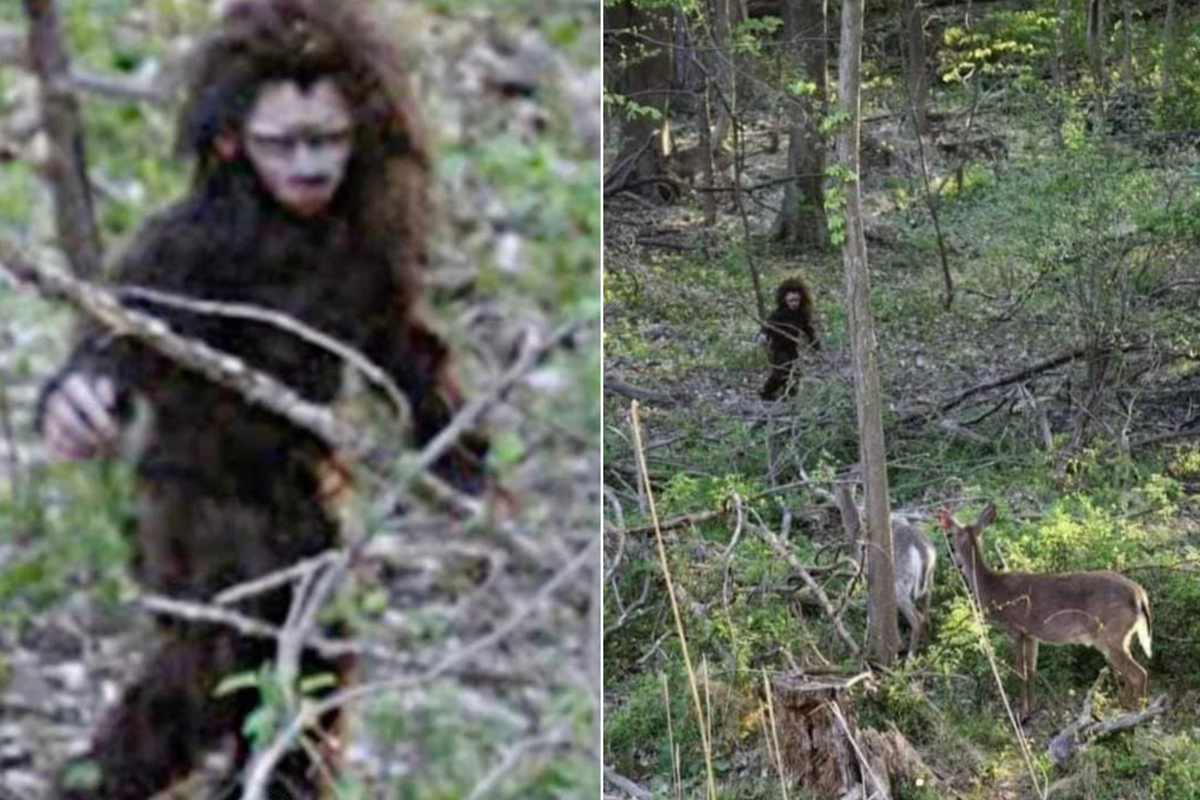Harry Fletcher
Jun 28, 2023
Four People Enter 1,700-Square-Foot Facility to Experience Mars Habitat
content.jwplatform.com
Would you sign up to live in isolation for a year, all in the name of furthering scientific research?
Probably not, we’re guessing, but that’s exactly what four NASA volunteers have agreed to do over the next 12 months.
The participants will live in an environment created to simulate conditions on the surface of Mars as part of NASA's Crew Health and Performance Exploration Analog for 378 days.
The people involved are research scientist Kelly Haston, structural engineer Ross Brockwell, emergency medicine physician Nathan Jones and US Navy microbiologist Anca Selariu.
Sign up to our free Indy100 weekly newsletter
The simulation has been built at the Johnson Space Center in Houston, Texas, and will see the four volunteers undertake a series of tasks as part of the exercise.
Data collected over the next 12 months will help to inform future missions to send astronauts to Mars. During that time, the guests will take part in activities such as crop growing as well as simulated spacewalks and other operations.
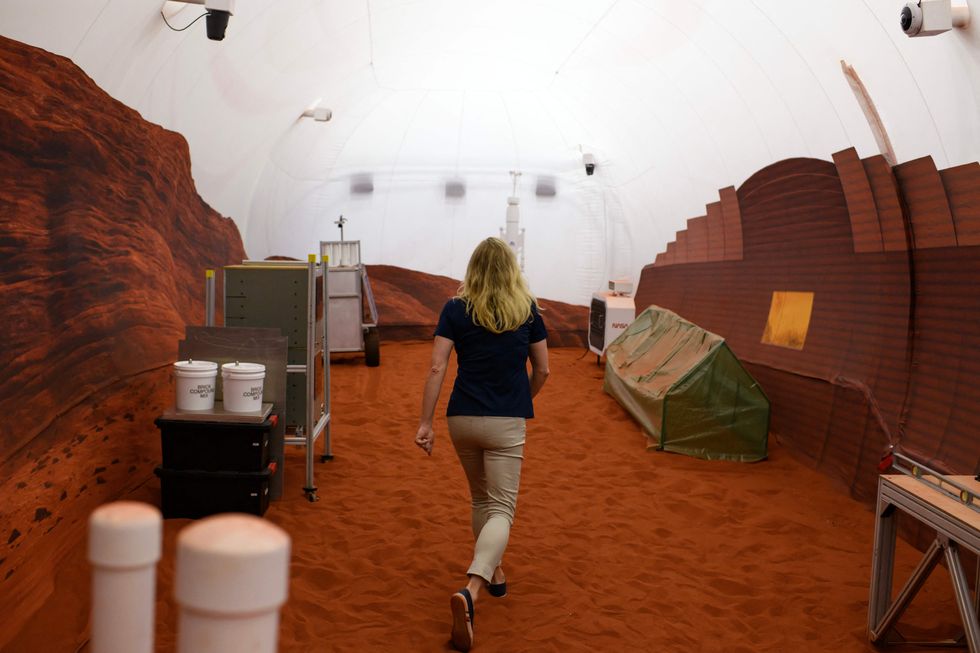
The 3D-printed hub they’ll spend their time in contains a kitchen, sleeping areas, two bathrooms as well as work and recreation spaces.
The mission will also see the guests faced with simulated obstacles, which are designed to test responses to equipment failure, communication delays and other issues.
Speaking at a recent briefing, the mission's principal investigator at NASA Grace Douglas said: “Thank you all for your dedication to exploration. Our best wishes go with you."
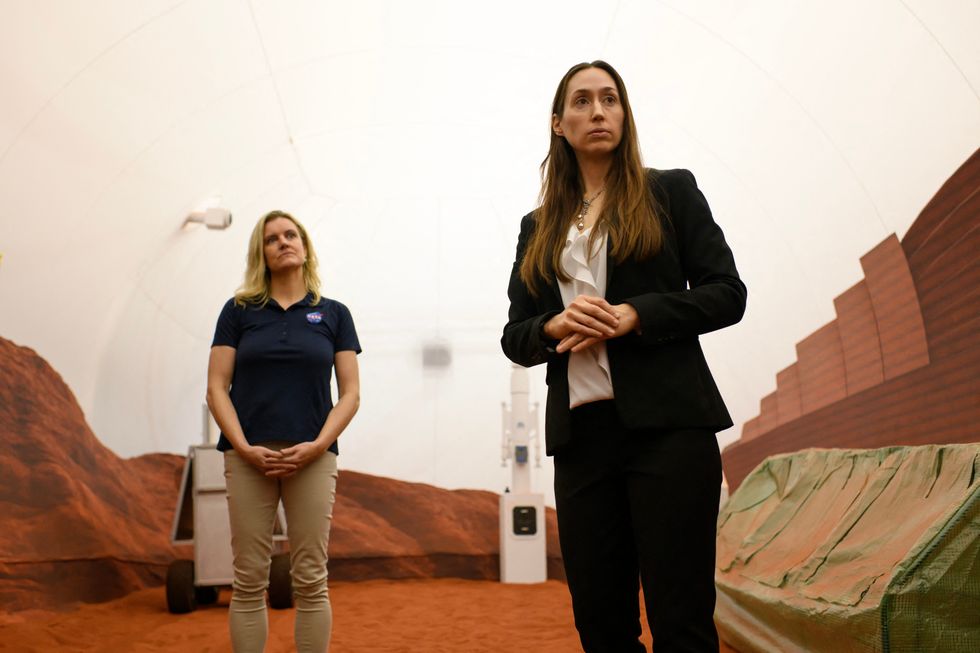
Haston also spoke, calling her fellow participants an "amazing group of dedicated individuals who feel very passionate about space exploration and science."
"The crew has worked so hard this month to get ready for this mission," Haston added. "It has been very special to be a part of such a tremendous group of scientists and specialists from a diverse set of backgrounds working together to bring CHAPEA 1, the first of three missions, to reality."
Have your say in our news democracy. Click the upvote icon at the top of the page to help raise this article through the indy100 rankings.
Top 100
The Conversation (0)
